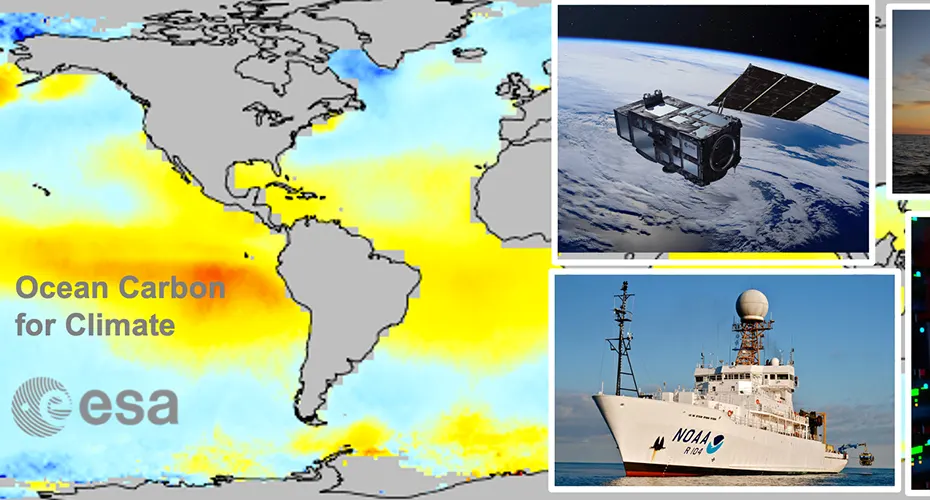Exploring Spatial Data Science
We inhabit a world where spatial data are increasingly at our fingertips, whether that be location-based services via mobile phones; or growing data volumes from satellites revolutionising monitoring environmental change. The challenge is how we extract information ethically and efficiently from these diverse spatial data sources, particularly as Earth system data become increasingly volumetric.
Our research
We are living in a new age of spatial information with an ever increasing array of data sources and volumes at our fingertips, ranging from location-based services via mobile phones and low-cost sensors, to Earth observation satellite data. Environmental systems data and models are becoming increasingly multifaceted– revealing new insights about where we live and life around us, the energy we use, the geology below our feet, the deep oceans, and exchanges between air, land and sea. The challenges in extracting information from these diverse spatial data sources are significant. DEES researchers draw on a unique combination of expertise in machine learning, AI, remote sensing, visualization and geographical information science to find ethical and efficient solutions to these challenges.
View a breakdown of outputs from research work within this theme
Research Stories
Click here for more recent stories relating to research in this theme
Research groups
Work within this theme is focused around the Centre for Environmental Mathematics, which is located within our department. We also work closely with the Institute of Data Science and Artificial Intelligence.


